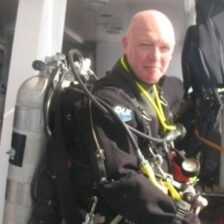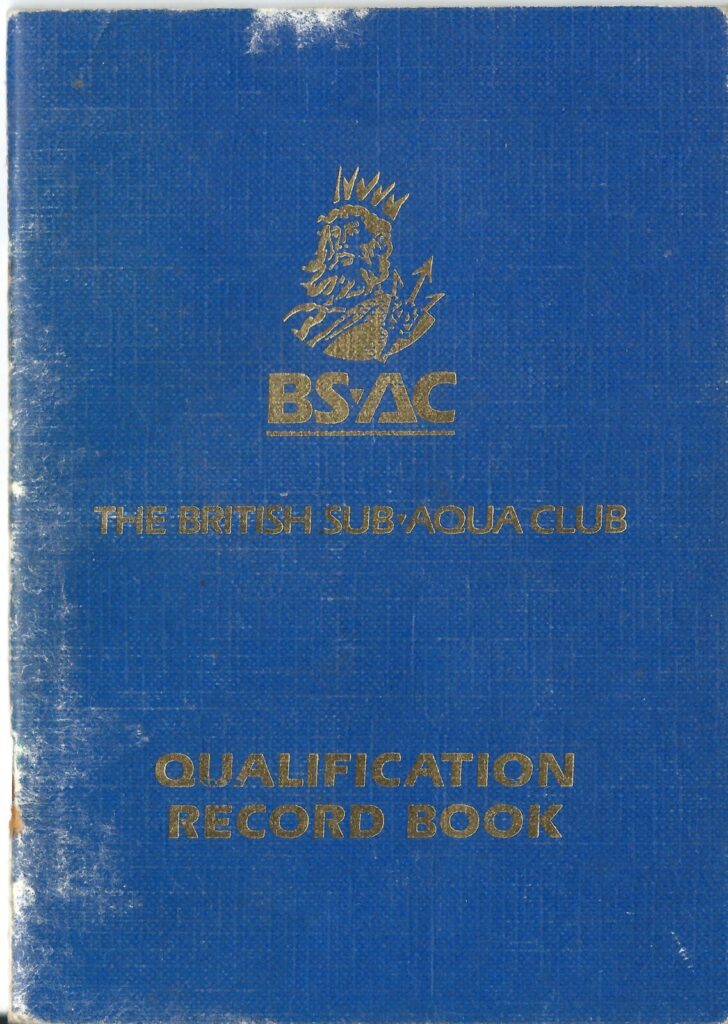
If you wanted to dive as a member of HM Forces in the ’80’s & 90’s there was only One way to go…..literally……. The British Sub Aqua Club, or BSAC as it was known by One and All in the day! There were very good reasons for that, the Army and indeed wider services, had a “duty of Care” towards their servicemen and women. That meant sports, if they were to have military participation, should be controlled by a regulatory body with reputable, approved training standards and supporting, structured training. It was an imperative the participant was insured to whatever degree of risk was associated with the activity, and that the governing body had a transparent and public administrative body. That meant of all the Scuba Diving agencies, BSAC was the organisation service personnel were permitted to join and pursue whilst in the military, it also meant many garrisons encouraged joint, or sometimes solely service, branches “within the wire” allowing civilian members to access otherwise closed military facilities like Tidworth
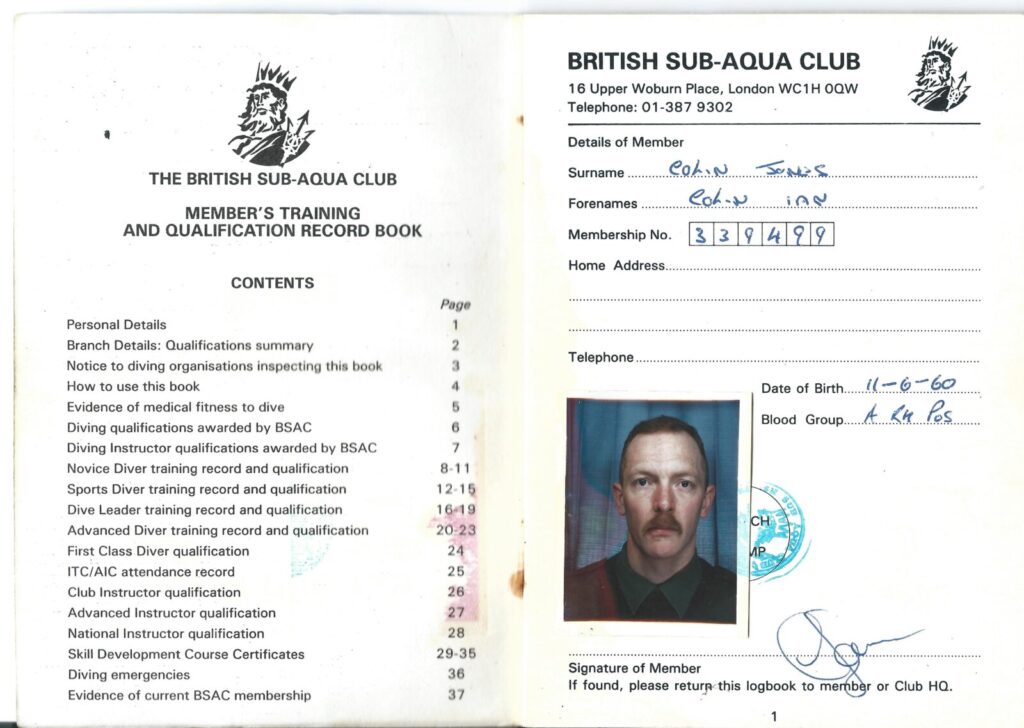
Those of you who have read the “Early Days” piece will have some insight into my early diver training, the first step into Roberts Barracks Pool in Osnabruck, West Germany and, following that, my week long Novice Diver’s course at Fort Bovisands in Plymouth. You will not, perhaps, have much of an idea yet of what that entailed back in 1990 as a member of the BSAC. The Novice Diver qualification, split into 2 sections (Novice 1 and Novice 2….. predictably….) allowing you to dive in open water buddied with a Dive-Leader or higher, comprised of a mixture of 13 formal theory lessons and in water skills demonstrated in a pool, to begin with, and then progressed into open water. A gentle start, nothing more than a try-it type dive usually began the process, as mine had…..and then there was a swimming test, nothing grim, 100m freestyle, no timing, no pressure, just a casual swim and then off you were sent to the unit medic, to get a chest x-ray, confirming there was nothing physically wrong with you that might cause respiratory problems during training, or later on whilst actually diving.
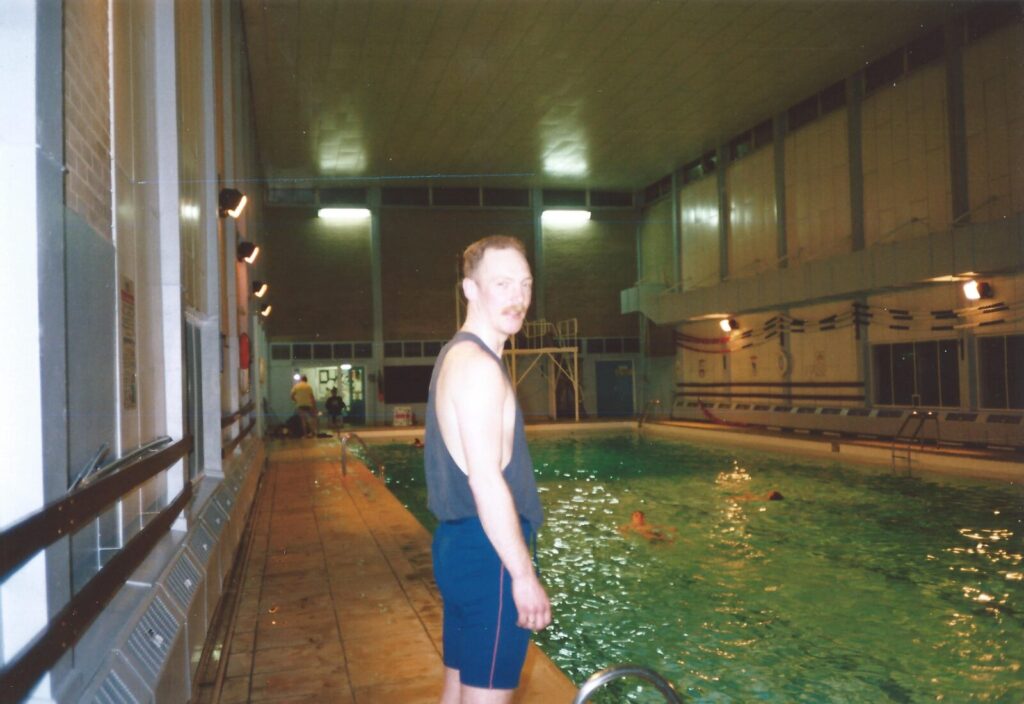
Then you began the theory side of scuba diving, Branch diver training (the BSAC branch structure), Basic equipment, signals, causes and effects of pressure….. all logical progression and building you a solid educational and practical foundation, at a pace you could manage. There were good branch training regimes and great branch training regimes, there were probably some not so good ones too, but luckily I never encountered any. You have to understand, those teaching you did so out of a love for the sport not for any other reason, there was no financial gain, BSAC was a club environment, pay your membership fee and you could request a club, or advanced instructor (if your Branch was lucky enough to have One) take you through a lesson plan or skill-test. This was both good and sometimes not so good, not every Branch was so encouraging of new members, some were far more “dive-only” oriented, taking the RIB’s out at the weekends or diving as regular (very clique….) groups, but not fussed about bringing in newer divers. Luckily that wasn’t usually the military Branches, who were far more used to a high membership turnover, as personnel were posted in and out of units in various “cycles” depending on their “cap-badges”
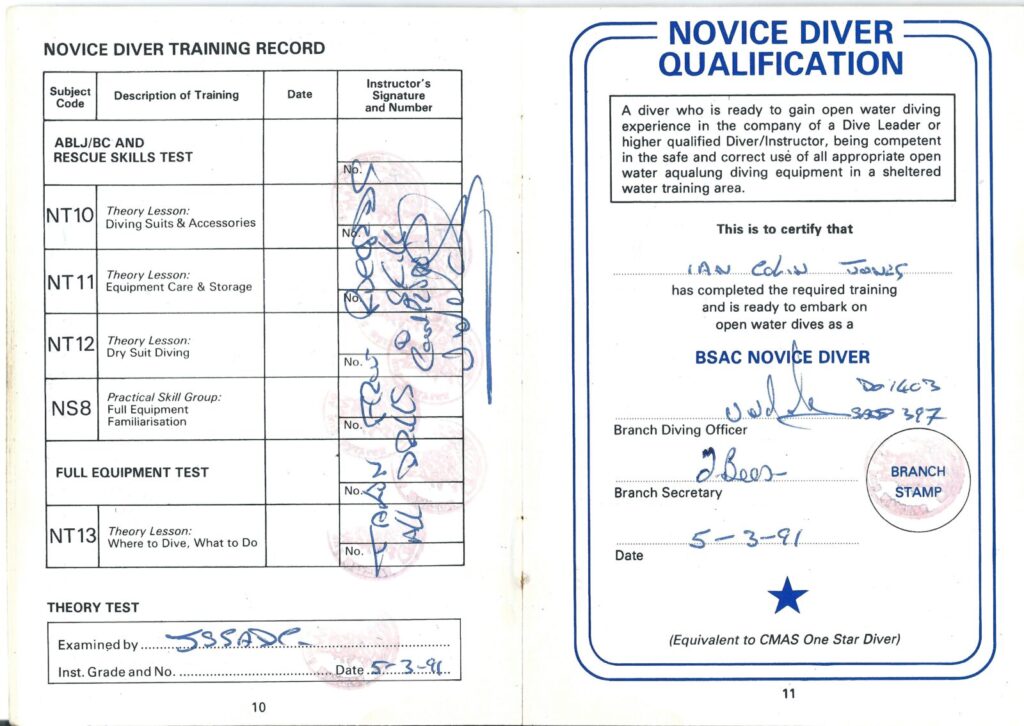
Whilst it only took me a week to get the Novice 1 & 2 training completed at Bovisands on a military BSAC course, it still had to be signed off by my Branch diving Officer to become “official” but that was practically a rubber stamp exercise in military branches, which were very familiar with the course standards of the Joint Services Sub Aqua Diving Association (JSSADC) and their military qualified Sub Aqua Diving Supervisors (SADS) instructors. The SADS course was intensive, military supervised throughout, and you didn’t pass through unless you were “of the required standard” ……it wasn’t a trivial attendance course as it qualified the individual to run diving activities as “Officer in charge” no matter what rank the SADS was militarily speaking (literally a corporal SADS would out-rank a colonel “diver” )in that situation……..awkward, but necessary. So now I had the first rung on the ladder, what was next…….
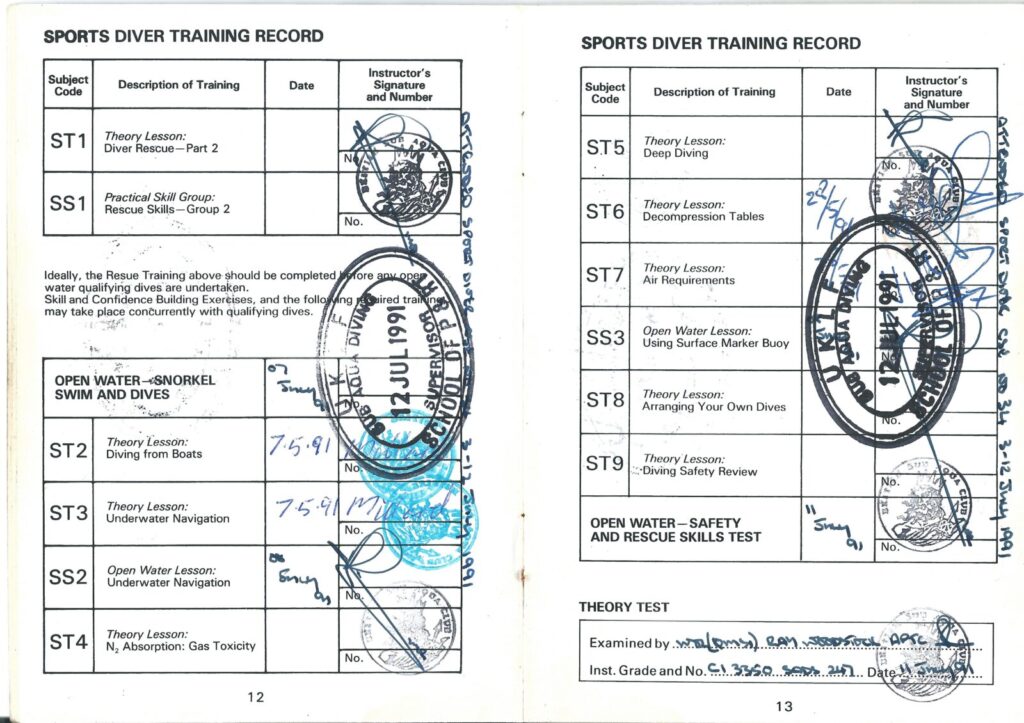
The real aspiration every BSAC branch diver had was Sports Diver, at that level you were no longer considered a “Novice”, not the most inspiring of accolades if we are being honest about it…….but definitely a motivation to progress…At Sports Diver level you could “buddy-Up” with another Sports Diver and dive as a pair without needing to see the dive as “being led” so to speak, a dive of equals if you prefer, although even then one of you would “assume” the lead on the dive to ensure there was “direction” rather than ambiguity, an unwanted condition often leading to a vacuum of inactivity, often at a time where that might not be constructive, or even “safe” in underwater circumstances……It would take me almost a year from that first open water dive in Fort Bovisands Harbour to make the Sports Diver level……..
